The term "corruption" has long been a stain on the fabric of politics worldwide, eroding trust in government institutions and undermining the social contract between leaders and their constituents. While objective rankings of the top 10 most corrupt politicians in the world may be elusive, the perception of corruption can often be just as damaging as the reality as public trust is used to harvest private gains.
In this article, we delve into the realm of public perception to shed light on some of the individuals who have earned infamy as the top 10 most corrupt politicians in the world, as viewed through the lens of the people they serve. These individuals have, rightly or wrongly, become synonymous with allegations of graft, embezzlement, and abuse of power, leaving a lasting impact on the political landscapes of their respective nations.
Table of Contents
Top 10 Most Corrupt Politicians in the World
In the murky depths of political malfeasance, these individuals stand out for their brazen abuse of power and betrayal of public trust. From embezzlement to bribery, their names evoke a sense of dismay and outrage. They've exploited their positions for personal gain, leaving a trail of corruption and disillusionment in their wake. Yet, their actions serve as a stark reminder of the urgent need for transparency and accountability in governance. As we shine a light on their misdeeds, may it galvanize us to demand integrity and ethical leadership, safeguarding the foundations of democracy for generations to come. Here is a list of the top 10 most corrupt politicians in the world.
Nawaz Sharif – Former Prime Minister of Pakistan
Nawaz Sharif, the former Prime Minister of Pakistan, has been a controversial and polarizing figure in Pakistani politics for several decades. His tenure as a political leader has been marred by allegations of corruption, financial mismanagement and mishandling of government funds, which have significantly impacted his political career and the nation as a whole. He is one of the most corrupt politicians in history.
One of the most notable instances of corruption associated with Nawaz Sharif was the Panama Papers leak in 2016. The leak revealed that Sharif and his family had offshore companies and properties in London, including luxurious apartments, which raised questions about the sources of their wealth. The Panama Papers leak triggered a series of investigations and legal proceedings against him.
In July 2017, the Supreme Court of Pakistan disqualified Nawaz Sharif from office as Prime Minister over corruption charges related to the Panama Papers. The court found that he had not disclosed his assets and income honestly, leading to his disqualification. This decision marked a significant turning point in Pakistan's political landscape.
Further allegations of corruption and money laundering have continued to hound Nawaz Sharif. In 2018, he was convicted and sentenced to ten years in prison in a corruption case related to luxury apartments in London. The conviction led to his arrest upon his return to Pakistan from the United Kingdom.
However, Nawaz Sharif's supporters have maintained that the corruption charges against him are politically motivated and part of a larger power struggle within Pakistan's political establishment. They argue that the judiciary and military have been involved in efforts to undermine his political influence.
Despite the legal challenges and controversies surrounding his political career, Nawaz Sharif remains a prominent figure in Pakistani politics, leading his party, the Pakistan Muslim League (Nawaz), from exile in London as of my last knowledge update in September 2021.
Persistent allegations of corruption and financial impropriety have marked Nawaz Sharif's political career. The Panama Papers leak and subsequent legal actions have significantly impacted his standing in Pakistani politics, leading to his disqualification as Prime Minister and his conviction on corruption charges. The debate over whether these allegations are politically motivated or reflect genuine corruption continues to shape Pakistan's political landscape.
Vladimir Putin – President of Russia
Vladimir Putin, the President of Russia, has faced numerous allegations of corruption throughout his political career. These allegations have been a subject of international scrutiny and controversy, often causing tensions between Russia and Western nations.
One of the most prominent cases of alleged corruption involving Vladimir Putin is the Magnitsky Act. Sergei Magnitsky, a Russian lawyer, uncovered a massive tax fraud scheme involving Russian officials and businesspeople. He was arrested in 2008, and while in custody, he died under suspicious circumstances, leading to accusations of torture and medical neglect. The international community, particularly the United States, responded by passing the Magnitsky Act in 2012, which imposed sanctions on Russian officials involved in human rights abuses and corruption. While Putin himself was not directly implicated in the fraud, the case highlighted systemic corruption within the Russian government and raised questions about his leadership.
Furthermore, numerous reports and investigations by independent organizations have alleged that Putin has amassed significant personal wealth during his time in office. Levels of corruption are said to have increased. However, concrete evidence linking him directly to corrupt activities has been difficult to obtain due to the opaque nature of Russian politics and the lack of transparency in his finances.
In addition to these specific cases, Putin's presidency has been characterized by a broader environment of corruption in Russia. Transparency International's Corruption Perceptions Index consistently ranks Russia as a country with a high level of perceived corruption. Critics argue that under Putin's leadership, power has been consolidated among a small group of elites who have enriched themselves through questionable means, often involving state resources and contracts.
It's important to note that Putin and the Russian government vehemently deny these corruption allegations, often portraying them as politically motivated attacks by Western governments seeking to undermine Russia's stability and sovereignty. Nevertheless, the accusations of corruption continue to cast a shadow over Putin's leadership and Russia's international reputation.
Vladimir Putin, the President of Russia, has faced persistent allegations of corruption throughout his political career. These allegations have contributed to tensions between Russia and Western nations and have raised concerns about the state of governance and transparency in Russia. While concrete evidence directly linking Putin to corrupt activities remains elusive, the perception of corruption within his government continues to be a subject of global interest and debate.

Salman bin Abdulaziz – King of Saudi Arabia
There have been allegations of corruption against King Salman bin Abdulaziz Al Saud of Saudi Arabia and his government. Corruption is like a tool for powerful people who have money talks as their developed feature. Here are some of the ways in which corruption has been reported in Saudi Arabia:
Prosecution of officials: The Saudi Arabian government has prosecuted some officials for corruption. However, there have been allegations of significant due process violations and a lack of respect for fair trial guarantees.
Anti-bribery law: The Anti-Bribery Law has been enacted in Saudi Arabia to combat corruption. However, there have been reports of legal factors that promote corruption.
Lack of transparency: Saudi Arabia has been criticized for its lack of transparency in government operations, including the allocation of public funds. The government has been accused of using public funds for personal gain and to maintain political power.
Royal family corruption: There have been allegations of corruption within the royal family, including the misuse of public funds and the awarding of contracts to family members.
Lack of accountability: The lack of accountability in Saudi Arabia has been a major issue in the fight against corruption. The government has been accused of protecting corrupt officials and punishing whistleblowers.
While there have been allegations of corruption against King Salman bin Abdulaziz Al Saud and his government, there is no concrete evidence to support these claims to mark him for abuse of authority and to label him as one of the corrupt individuals. However, the lack of transparency and accountability in government operations has been a major issue in the fight against corruption in Saudi Arabia.
Asif Ali Zardari – Former President of Pakistan
Asif Ali Zardari, the former President of Pakistan, has been a controversial figure in Pakistani politics, with allegations of political corruption surrounding him for many years. His presidency, which began in 2008 and ended in 2013, was marked by various corruption scandals and legal battles. He could be put on the list of all the corrupt presidents.
One of the most significant allegations against Asif Ali Zardari involves the case of money laundering and claims of corruption. In 1998, he and his late wife, Benazir Bhutto, were accused of laundering money through Swiss bank accounts. These allegations emerged during his time as a senator and continued to haunt him throughout his political career. The Swiss authorities dropped the case in 2008, citing a lack of evidence, but the controversy lingered.
The National Reconciliation Ordinance (NRO) of 2007 further complicated the issue. The NRO was an ordinance issued by then-President Pervez Musharraf, which granted amnesty to politicians and officials accused of corruption, including Asif Ali Zardari and other leaders of the Pakistan People's Party (PPP). The NRO was later struck down by the Pakistani Supreme Court in 2009, reopening corruption cases against many politicians, including Zardari.
One of the most notable corruption cases against Zardari was related to the Swiss accounts. In 2013, Pakistan's Supreme Court ordered the revival of this case, leading to investigations and legal proceedings. However, Zardari has consistently denied any wrongdoing and claimed that the cases against him were politically motivated.
It's important to note that Asif Ali Zardari's political career has been marked by legal battles and allegations of political corruption, but he has never been convicted of corruption charges in Pakistan. He has always maintained his innocence and argued that the cases against him were part of political vendettas.

Narendra Modi – Prime Minister of India
There have been allegations of corruption against Prime Minister Narendra Modi, but there is no concrete evidence to support these claims. The Congress party has accused Modi of misusing his position of authority to benefit Dassault Aviation in the Rafale fighter jet deal and has called for a case to be made against him under the Prevention of Corruption law. However, these allegations have not been proven in court.
In 2014, Modi campaigned on an anti-corruption platform and promised to establish a Lokpal, a public ombudsman, to fight bribery. While the Lokpal has been established, it has been criticized for being toothless and having little power to investigate corruption cases. Overall, while there have been allegations of corruption against Modi, there is no concrete evidence to support these claims.
Khalifa bin Zayed bin Sultan Al Nahyan – Second President of U.A.E
There have been allegations of corruption against King Khalifa bin Zayed bin Sultan Al Nahyan, the second President of the United Arab Emirates (UAE), and his government. Here are some of the ways in which corruption has been reported in the UAE:
Lack of transparency: The UAE has been criticized for its lack of transparency in government operations, including the allocation of public funds. The government has been accused of using public funds for personal gain and to maintain political power.
Anti-corruption mechanisms: While the UAE has established anti-corruption mechanisms, such as the Anti-Bribery Law, there have been reports of legal factors that promote corruption. Moreover, there are no genuinely independent anti-corruption mechanisms in the country.
The implication of ruling family members: In 2009, a video surfaced showing Sheikh Issa bin Zayed Al Nahyan, brother of the UAE president, Sheikh Khalifa bin Zayed Al Nahyan, hitting a defenceless man. This incident raised concerns about the involvement of ruling family members in corruption.
Secret money flows: The Pandora Papers, a trove of secret records obtained by the International Consortium of Investigative Journalists, revealed the role of Emirati royal families in secret money flows. This issue concerns anti-corruption groups, as the UAE has several "free zones" that offer businesses tax exemptions and other incentives.
Lack of freedom of expression: The UAE has been criticized for its lack of freedom of expression, which makes it difficult for journalists and activists to expose corruption. The government has been accused of punishing whistleblowers and suppressing dissent.
David Cameron – Former Prime Minister Of the UK
David Cameron, the former Prime Minister of the United Kingdom, has not been widely associated with allegations of personal corruption during his time in office. However, his tenure as Prime Minister lasted from 2010 to 2016 and was marked by a significant political scandal known as the "Panama Papers."
In 2016, the Panama Papers leak revealed that David Cameron's late father, Ian Cameron, had established an offshore investment fund in Panama in the 1980s. The fund, named Blairmore Holdings, was not illegal, but the revelation raised questions about the morality of offshore tax arrangements and the broader issue of tax avoidance. David Cameron faced criticism for not being transparent about his family's financial affairs and initially downplaying the significance of the revelations.
While the Panama Papers controversy did not directly implicate David Cameron in corrupt activities, it did raise concerns about the ethical behaviour of politicians and their families, particularly regarding tax avoidance and offshore investments. Critics argued that it highlighted a broader problem of financial secrecy and the role of the UK's offshore territories in facilitating such practices.
David Cameron resigned as Prime Minister in July 2016 following the Brexit referendum, in which the majority of voters supported leaving the European Union. His resignation was not related to allegations of corruption but rather stemmed from political developments and his position on the Brexit issue.
Kim Jong UN – Supreme Leader of North Korea
Kim Jong-un, the Supreme Leader of North Korea, has faced allegations of corruption and human rights abuses during his leadership as corruption levels were said to have risen. However, it's important to note that North Korea is one of the world's most secretive and closed-off countries, and obtaining concrete evidence of corruption in the regime can be extremely challenging.
One of the notable allegations of corruption involves Kim Jong-un's family and inner circle. It has been reported that Kim's family, including his aunt and uncle, have been involved in various illicit activities, including siphoning off state funds and engaging in black market activities. These reports are often based on defector testimonies and external investigations, making it difficult to independently verify the claims.
Another aspect of perceived corruption in North Korea is the regime's approach to financing its nuclear and missile programs. The North Korean government has faced international sanctions aimed at preventing the proliferation of weapons of mass destruction. Some experts have suggested that the regime engages in illegal activities, such as counterfeiting currency, cyberattacks, and arms sales, to bypass these sanctions and fund its military programs.
Additionally, North Korea's human rights record has been a subject of international condemnation, with allegations of forced labour camps, arbitrary detentions, and summary executions. While not strictly corruption in the traditional sense, these human rights abuses are indicative of a regime that places a high value on maintaining control and consolidating power, often at the expense of its citizens.
It's crucial to emphasize that information about North Korea, especially concerning its leadership and internal affairs, is limited and often subject to propaganda and secrecy. As a result, allegations of corruption involving Kim Jong-un and his government must be viewed with caution and are difficult to substantiate independently.

Petro Poroshenko – People's Deputy of Ukraine
Petro Poroshenko, the former President of Ukraine who served from 2014 to 2019, has faced allegations of corruption during his presidency. It's important to note that these allegations have been the subject of political debates and investigations, and Poroshenko has denied any wrongdoing.
One of the key allegations against Poroshenko relates to his business interests and potential conflicts of interest while in office. Prior to becoming president, Poroshenko was a prominent businessman with holdings in various industries, including confectionery, media, and finance. Concerns were raised about effectively separating his business interests from his presidential duties.
One of the most notable controversies during his presidency involved the sale of the state-owned confectionery company Roshen. Poroshenko promised to sell his confectionery business to avoid potential conflicts of interest but faced criticism for not doing so promptly. The sale eventually took place in 2019, after Poroshenko had left office.
Another issue that drew attention was Poroshenko's offshore assets, which were revealed in the Panama Papers leak in 2016. The leak suggested that Poroshenko had established offshore companies, raising questions about transparency and financial dealings. Poroshenko defended himself by stating that these offshore holdings were part of a legitimate restructuring process for his confectionery business.
Critics have also accused Poroshenko's administration of failing to address corruption within Ukraine's government and institutions adequately. Despite efforts to establish anti-corruption bodies and enact reforms, some argue that corruption remained pervasive during his presidency.
Sigmundur David Gunnlaugsson – Former Prime Minister of Iceland
Sigmundur David Gunnlaugsson, the former Prime Minister of Iceland, became embroiled in a major political scandal in 2016 known as the "Panama Papers." The Panama Papers leak revealed that Gunnlaugsson and his wife, Anna Sigurlaug Pálsdóttir, had owned an offshore company named Wintris Inc. in the British Virgin Islands. The company was linked to investments in Icelandic banks that had collapsed during the 2008 financial crisis.
The charges of corruption surrounding Gunnlaugsson erupted when the Panama Papers leak exposed his ownership of Wintris Inc. and suggested that he had not properly disclosed his financial interests while in office. Gunnlaugsson's failure to declare these offshore assets raised questions about a potential conflict of interest, as he had been involved in negotiations regarding the repayment of debts related to the collapsed banks.
The revelation of Gunnlaugsson's offshore holdings led to widespread protests in Iceland, with citizens demanding his resignation. Facing mounting pressure, Gunnlaugsson temporarily stepped down as Prime Minister in April 2016, handing over his duties to the Deputy Prime Minister. He maintained that he had not broken any laws or engaged in corrupt activities but acknowledged that the situation had created a significant public outcry.
In the aftermath of the Panama Papers scandal, Sigmundur David Gunnlaugsson officially resigned from the position of Prime Minister. His resignation marked a significant moment in Icelandic politics and the global conversation about offshore tax havens and financial transparency.
While Gunnlaugsson's ownership of an offshore company itself may not have constituted illegal activity, it raised concerns about transparency, ethical conduct, and conflicts of interest, especially in a country that had been severely affected by the 2008 financial crisis. The Panama Papers controversy underscored the public's demand for greater transparency and accountability from their political leaders.
Conclusion
In the complex and often murky world of politics, discussions surrounding the "Top 10 most corrupt politicians in the world" are fraught with controversy, allegations, and varying degrees of veracity. Corruption remains a deeply ingrained issue across the global political landscape, eroding trust in leaders and institutions. While some politicians face undeniable evidence of corruption and legal consequences, others navigate allegations with ambiguity and denials. The perception and determination of who qualifies as one of the "Top 10 most corrupt politicians in the world" can be subjective, influenced by political biases, media coverage, and evolving legal standards.
FAQs
Which country is the most corrupt in the world?
According to the Corruption Perceptions Index 2022 published by Transparency International, Somalia is currently ranked as the most corrupt country in the world, scoring 10 out of 100.
Who was the most corrupt leader in history?
It is difficult to determine who the most corrupt leader in history is, as corruption has plagued societies for centuries, and many leaders have been accused of corruption. However, some of the most corrupt leaders in recent history include Ferdinand Marcos, Suharto, Mobutu Sese Seko, Sani Abacha, Alberto Fujimori, and Vladimir Putin.
What are the examples of political corruption?
Examples of political corruption include bribery, embezzlement, nepotism, cronyism, vote-buying, and abuse of power for personal gain by government officials.
What are the examples of corruption in society?
Corruption in society includes fraud, tax evasion, money laundering, kickbacks, and illicit dealings that undermine the integrity of institutions and social systems.




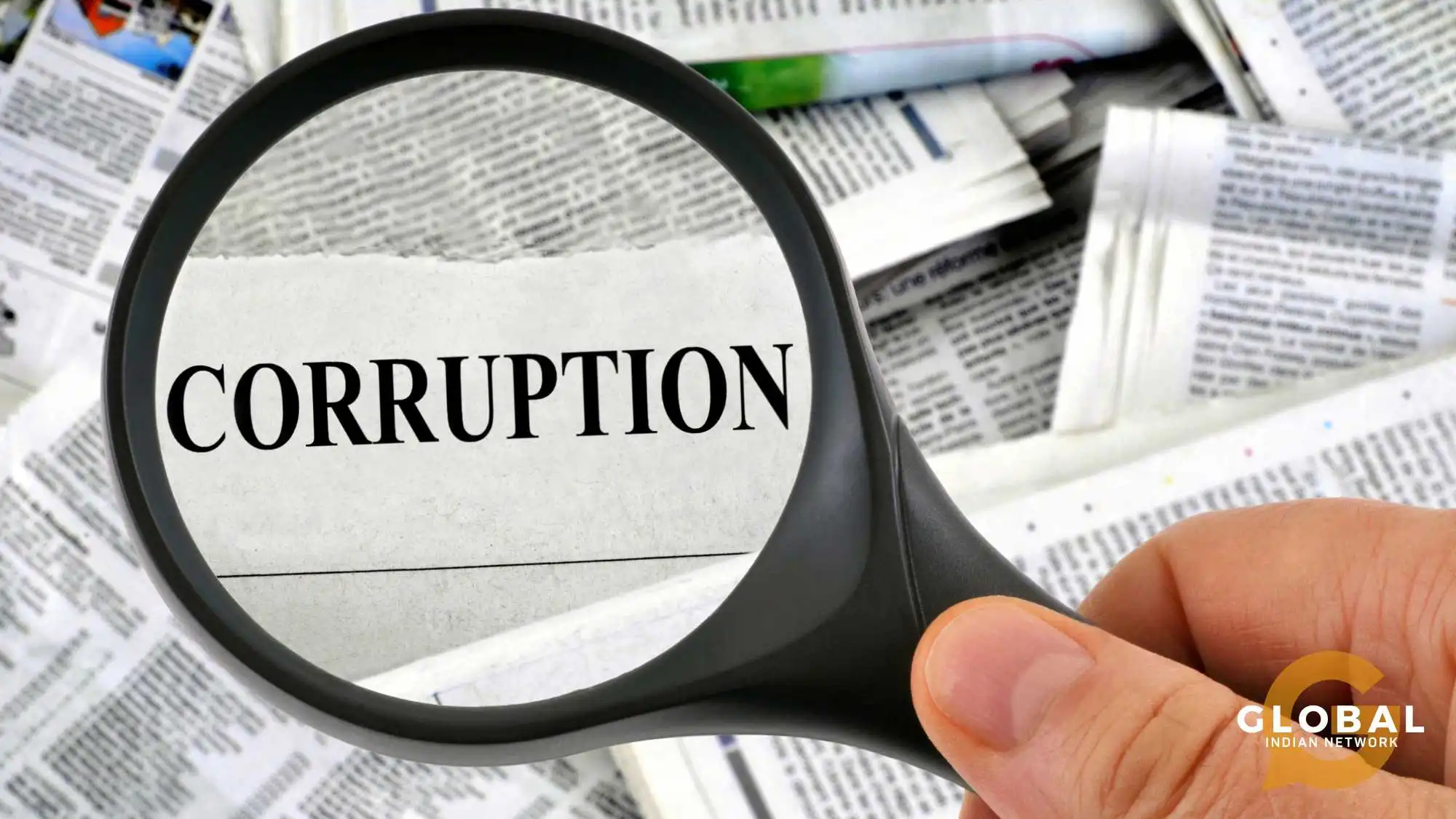
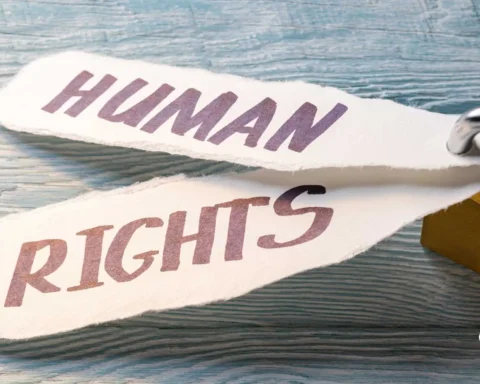
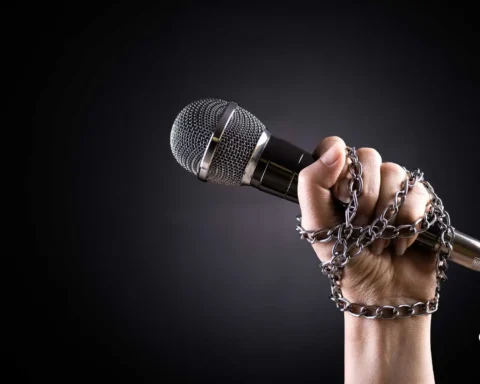
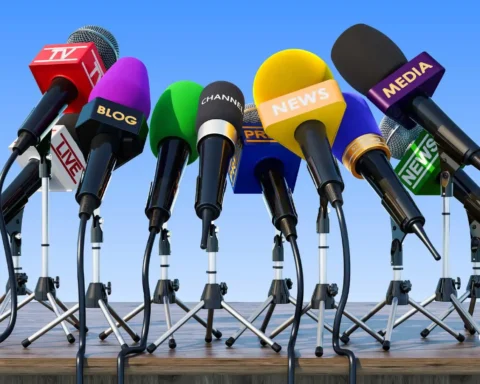
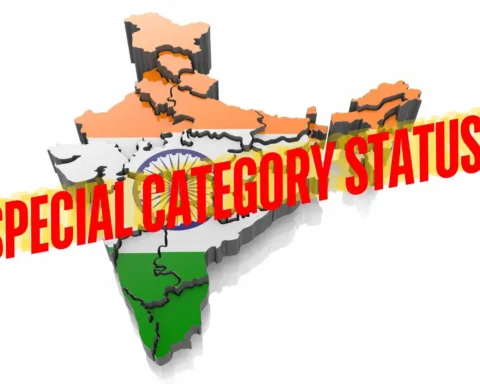
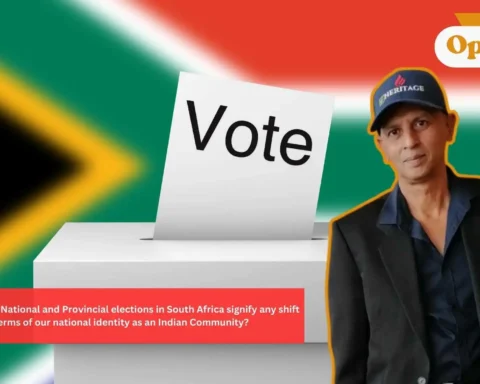

[…] the Wazir-e-Azam of Iceland from 2013 to 2016. At 38 years old, he turned into the most youthful Wazir-e-Azam of Iceland to date. In the wake of being let out of jail, he turned into the head of numerous political […]
You haven’t mentioned Imran Niazi aka Imran khan the most crroupt former pm
I think you are supporter and follower of Nawaz Sharif, I suggest you to check credentials of Nawaz shareef before blaming Khan.
You forgot to mention Nigerian presidents buhari and tinubu